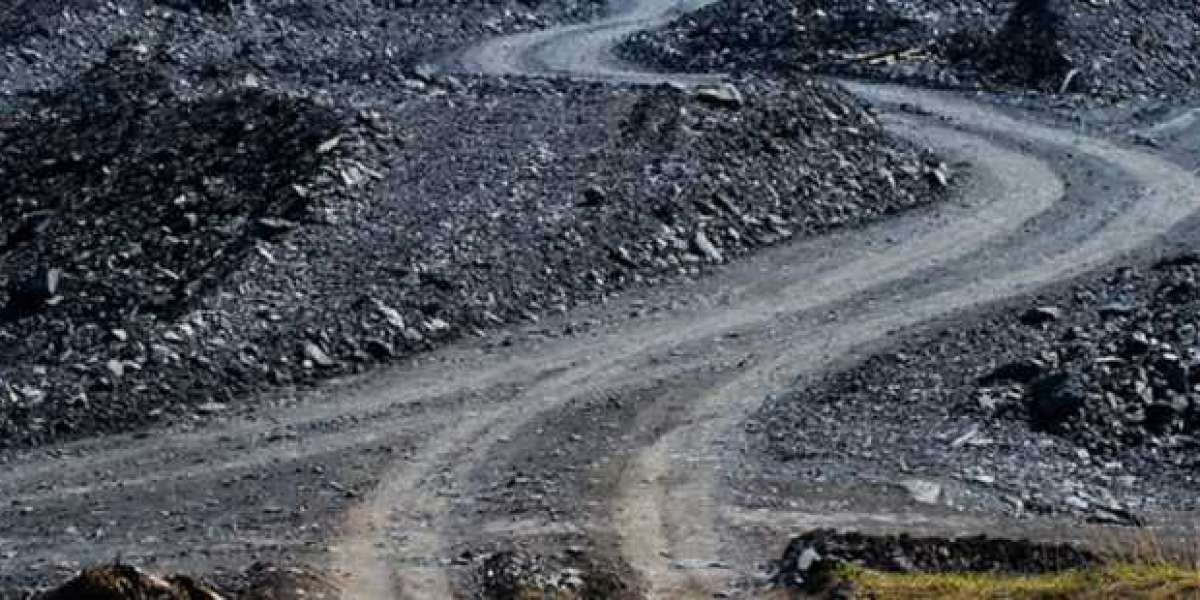Pakistan is blessed with an abundance of natural resources that play a crucial role in shaping its economic landscape. From minerals and fertile land to abundant water supplies and energy resources, these assets are vital for driving the nation’s growth. However, the key to harnessing these natural resources of Pakistan lies in sustainable management and long-term planning.
Overview of Natural Resources in Pakistan
Natural resources are the backbone of Pakistan’s economy, contributing significantly to various industries like mining, agriculture, energy production, and manufacturing. They provide a foundation for economic activities, create job opportunities, and enhance the country’s export potential.
Minerals and Mining Sector
The minerals and mining sector is one of Pakistan’s most promising industries. The country is rich in minerals such as gold, copper, coal, and iron ore, offering immense economic potential. Yet, this sector remains largely underdeveloped due to a lack of investment and technological advancements.
Gold and Copper Reserves
Pakistan has vast reserves of gold and copper, primarily located in areas like Reko Diq in Balochistan. These minerals hold tremendous value, both in terms of domestic use and export potential. However, political instability and challenges in infrastructure development have hindered the full exploitation of these resources. With better policies and foreign investment, the mining sector could become a major driver of economic growth.
Coal Reserves
Pakistan’s coal reserves are concentrated in the Thar region, one of the largest untapped coal fields in the world. Coal plays a critical role in the country’s energy production, particularly for thermal power generation. The Thar Coal Project aims to reduce Pakistan's reliance on imported fuel by tapping into domestic resources, which can lead to a more stable energy supply and lower costs.
Agriculture: The Backbone of the Economy
Agriculture has long been the backbone of Pakistan’s economy, contributing nearly 20% of the GDP and employing a large portion of the population. The country’s fertile land allows for the cultivation of various crops that are essential for both domestic consumption and export.
Wheat and Rice Production
Wheat and rice are the two most important crops in Pakistan, not only feeding millions of people but also contributing to the nation’s exports. Pakistan ranks among the top wheat and rice producers globally, and both crops are crucial for maintaining food security.
Cotton and Textile Industry
Cotton is another key agricultural product, supporting Pakistan’s thriving textile industry. The textile sector is one of the largest contributors to exports, with cotton being the primary raw material. Pakistan’s textile products, such as garments and fabrics, are highly valued in international markets, making this industry an essential component of the economy.
Water Resources: The Lifeblood of Agriculture
Water is the lifeblood of Pakistan’s agricultural sector, with the majority of the country’s farmlands dependent on irrigation. The nation’s vast river systems and reservoirs make it possible to cultivate crops in arid and semi-arid regions.
Indus River and Its Significance
The Indus River is the most important water source in Pakistan, supporting a massive irrigation system that feeds millions of acres of farmland. It also has the potential to generate significant hydroelectric power, which can further boost the country’s energy security.
Hydroelectric Power Generation
Hydropower is one of the most efficient and sustainable sources of energy. Pakistan’s topography, with its mountains and rivers, offers immense potential for hydroelectric power generation. Major dams, such as the Tarbela and Mangla dams, already contribute to the country's power grid, but there is room for further development to meet the growing demand for electricity.
Forest Resources
Pakistan’s forests are not as expansive as its agricultural lands, but they still contribute significantly to the economy. Forestry provides timber and non-timber products that are vital for various industries.
Timber and Non-Timber Products
Timber from forests in Khyber Pakhtunkhwa and other regions is used in construction and manufacturing, while non-timber products like medicinal herbs and honey add value to local economies. Sustainable management of forest resources is critical to prevent deforestation and ensure that these ecosystems continue to thrive.
Natural Gas and Oil Reserves
Energy resources are another key component of Pakistan’s natural wealth. The country has significant reserves of natural gas and oil, which are essential for meeting its energy needs. Natural gas, in particular, plays a central role in household consumption and industrial use.
Potential for Renewable Energy
Pakistan is also investing in renewable energy sources such as wind and solar power. The government has launched various initiatives to reduce dependency on fossil fuels and tap into the country’s potential for clean energy. This shift toward renewables not only helps reduce environmental impacts but also strengthens energy security.
Challenges in Resource Management
While Pakistan possesses abundant natural resources, the management and development of these assets face numerous challenges. These include outdated infrastructure, political instability, lack of investment, and environmental concerns. To fully realize the potential of its natural resources, Pakistan must adopt a comprehensive strategy that focuses on sustainable development, efficient resource management, and attracting foreign investment.
Conclusion
Pakistan’s natural resources are undoubtedly a key to its economic growth. From minerals and energy reserves to agriculture and forestry, these resources provide the foundation for a prosperous future. However, sustainable management is essential to ensure that these resources continue to benefit future generations. By investing in infrastructure, modern technology, and efficient resource management practices, Pakistan can unlock the full potential of its natural wealth and secure long-term economic growth.
FAQs:
What are the major natural resources of Pakistan?
Pakistan’s major natural resources include minerals such as gold, copper, and coal, agricultural products like wheat, rice, and cotton, as well as energy resources like natural gas, oil, and potential for renewable energy.
How do natural resources contribute to Pakistan's economy?
Natural resources contribute to various sectors including agriculture, mining, energy, and manufacturing, providing jobs, boosting exports, and supporting the country’s GDP.
What challenges does Pakistan face in managing its natural resources?
Pakistan faces challenges like outdated infrastructure, political instability, insufficient investment, and environmental degradation in managing its natural resources.
What role does agriculture play in Pakistan's economy?
Agriculture is a key sector in Pakistan’s economy, providing employment for a large portion of the population and contributing nearly 20% of the GDP.
Is Pakistan focusing on renewable energy development?
Yes, Pakistan is investing in renewable energy sources such as wind and solar power to reduce its reliance on fossil fuels and strengthen energy security.








